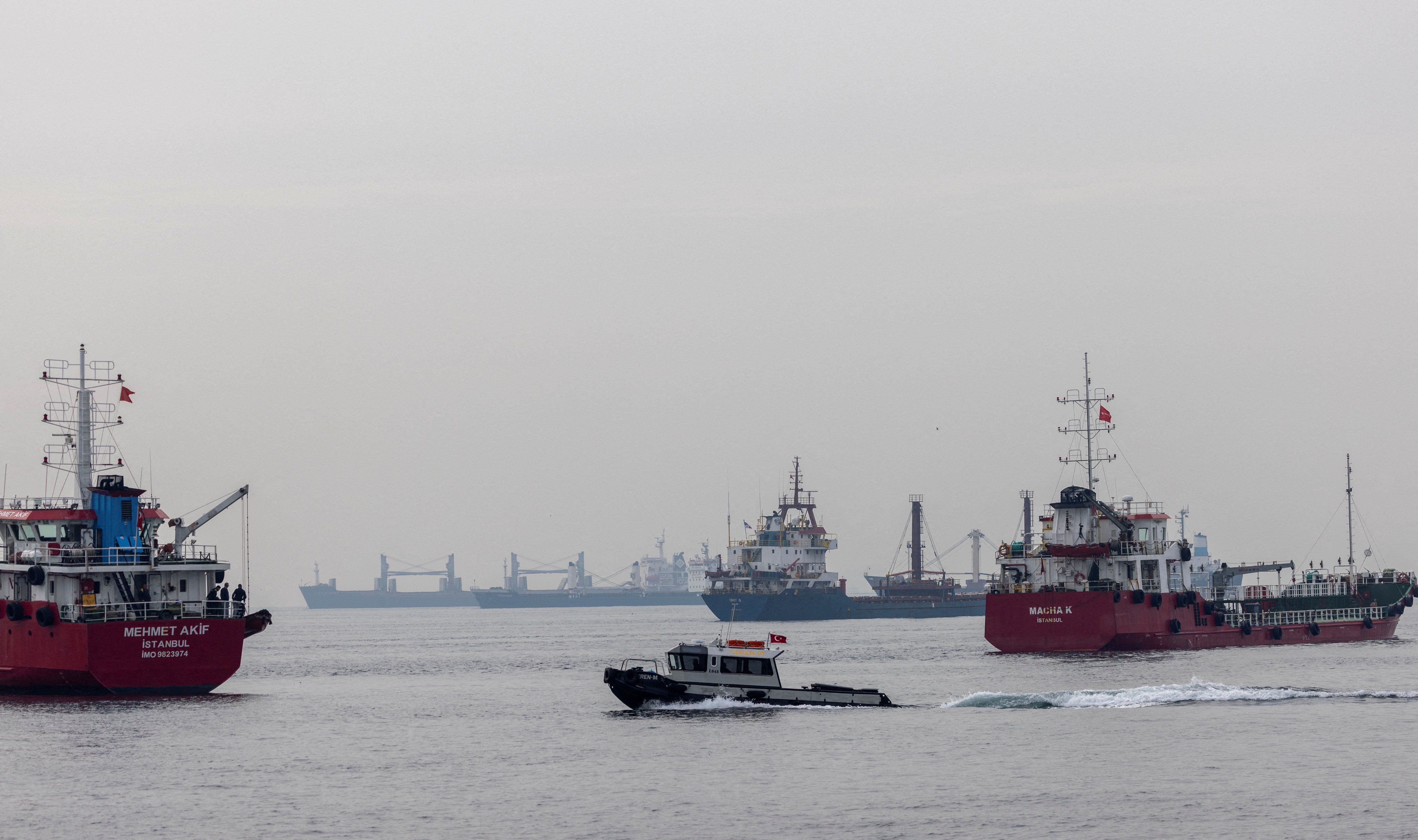Hard Numbers: Grain deal extension woes, FRB rescued, loose Libyan uranium, global coke binge
120 or 60: Although the Black Sea grain deal will almost certainly get extended before it expires Saturday, Russia and Turkey are tussling over how long that extension should be. Ankara — backed by Ukraine and the UN — wants to prolong the agreement for another 120 days, while Moscow is insisting on 60 days, presumably to pressure the West to lift sanctions against certain Russian payment systems.
30 billion: Asian and European stock markets on Friday saw gains hours after a group of 11 big US banks swooped in to rescue First Republic Bank, an embattled regional lender. The banks injected $30 billion into FRB to shore up confidence in the US banking system following the recent collapses of Silicon Valley Bank and Signature Bank.
2.3: A warlord has recovered an estimated 2.3 metric tons of uranium ore that had gone missing in eastern Libya. The uranium was probably left over from the late dictator Moammar Gadhafi’s defunct nuclear weapons program.
35: Global cocaine production surged by a whopping 35% in 2020-2021, according to a new UN report. One of the main reasons is that drug cartels have taken over coca-cultivating areas of Colombia previously run by the FARC and are competing to churn out more powder for Americans and Europeans to snort.